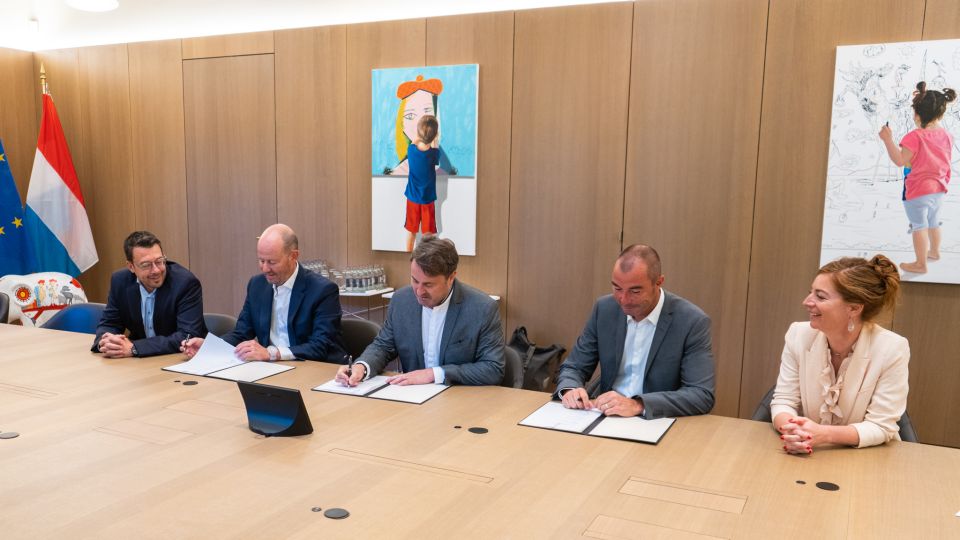NEWS - Empty promises, lies and dreams from RTL's convention (1)
A particularly tight agreement that will still cause many problems.

Photo: ©SMC
The first part of this series presents the contract and its preface. Who signs the deal and what story did those involved come up with to sell the multi-million dollar contract to the public?
RTL Eent, like any good „public service“, does not just have the mission of entertaining. Informing, enlightening and making complex texts understandable and accessible are also part of our tasks. In the new series „Empty Promises, Lies and Dreams from RTL’s convention“ we explain chapter by chapter what is at stake in the agreement between the state and RTL - and why the whole thing is not worth the paper it is printed on.
The document
„Convention portant sur la prestation d’une mission de service public en matière de télévision, radio et activités digitales conclue entre l’État du Grand-Duché de Luxembourg et CLT-UFA et RTL Group“ is the official name of the contract between the state and RTL. The document can be found online (https://download.data.public.lu/resources/convention-portant-sur-une-mission-de-service-public-en-matiere-de-television-radio-et-activites-digitales-avec-clt-ufa-et-rtl-2024-2030/20230118-163638/convention-2024-30-signe.pdf), there is nothing to hide anymore. In the past, convention agreements were always strictly secret, but after the Pirate MP Sven Clement went through the institutions to get a glimpse of one of those agreements, the contracting parties spared themselves the secrecy this time. This was probably mainly due to the fact that this time a financing law had to accompany the convention and be voted on in the Chamber - and in order to release almost €105,000,000, the people’s representatives would have to be informed about what it was actually about.
The agreement was signed on June 14, 2022, after the financing law had been [voted on] in the Chamber a little over a month earlier (https://www.chd.lu/fr/dossier/7914). Xavier Bettel, then Minister of State and Media, signed for the state, while former Minister of Communications Jean-Louis Schiltz and Bertelsmann CEO Thomas Rabe signed for CLT-UFA, who also signed for RTL Group, together with Elmar Heggen.
How the new concession agreement came about
The current convention was needed, because the previous agreement expired on 1 January 2024. The previous convention, which was also drawn up under the responsibility of Xavier Bettel, provided for a direct state subsidy to RTL Luxembourg for the first time. Before a financing law could be passed in the Chamber, only a 3-year term and a subsidy of approx. €10 million per year were provided for.
After winning the 2018 elections, Xavier Bettel set out to subsidize RTL again. Although the LSAP and the Greens managed to at least cautiously write the alternative to CLT-UFA subsidies into the coalition agreement: „a public television channel would possibly be created“, Xavier Bettel was not impressed by this. Even an opinion from the media watchdog ALIA, which suggests a significantly more pluralistic direction, was ignored by the then Minister of Media. In a „orientation debate“ in the Chamber, Xavier Bettel himself simply draws the conclusion: a public television would be too expensive, which is why we should continue to sponsor RTL for a „Public Service Mission“. Xavier Bettel is therefore conducting a kind of „study“ that is unsurpassed in its one-sidedness. As an example, Xavier Bettel mentions the costs of ARTE and acts as if the introduction of a public television in Luxembourg would result in a direct burden on taxpayers.
And so the debate is over. Xavier Bettel will next present a fully negotiated new concession agreement to the Media Commission of the Chamber, but the most explosive part is still missing for a proper discussion: the budgetary dimensions. These will be presented to the Chamber Commission a few months later, however not by Xavier Bettel, but by Paul Konsbrück, a former RTL employee who has now negotiated the new concession with RTL on behalf of the state. The finances are mentioned for the first time, instead of the 10 million that applied until now, it is now up to 15 million. €, the maximum that would be possible under EU law. The deputies learn that a financing law is now necessary - and this is also being rushed through the chamber at high speed shortly afterwards. Before people really noticed, the next contract with RTL was signed for the period 2024 - 2030.
The Foreword
The preface of the convention consists of various phrases, such as this one: „Considering that the independence, honesty and impartiality of information, as well as the objective presentation of controversial issues, are essential conditions for ensuring respect for the pluralism of the expression of convictions and opinions“. According to the preface, honesty, independence and objective reporting are therefore intended to protect pluralism of opinion. This statement obscures the problem that Luxembourg has with the monopoly of RTL: Instead of enabling and promoting plurality through many different medias, the state has assigned a single medium, and one with a commercial orientation, to create this pluralism.
On the other hand, the preface consists of mentioning a number of legal texts that set the framework for media work but also for the subsidization of private corporations. Two texts from the EU are mentioned. The first is the decision (2012/21/UE) of the EU Commission, which defines the maximum amount (€15 million / year) and the conditions for state subsidies to commercial companies. It is a relatively strict text, after all it is about competition law. A large number of control mechanisms are explicitly required and defined, which can also be found in the convention agreement, but which were presented by Xavier Bettel and RTL as a voluntary transparency effort.
Thus, among other things, it states this provision in the text of the Commission’s decision, which RTL Luxembourg, which runs a commercial program in parallel with the „Mission de Service Public“, could still be a disaster: costs that cannot be attributed to the provision of services of general economic interest are all direct costs, an appropriate contribution to the common costs and an appropriate return on capital. No compensation may be granted for these costs.“
The second EU text mentioned in the preamble to the concession agreement is the Communication (2009/C257/01) from the EU Commission. This generally concerns state aid for public media and also private media with a public mandate, as is the case with RTL Luxembourg. Here too, a whole series of control mechanisms are put in place to ensure that no market distortion occurs.
In addition to the two EU texts, a national legal text is also mentioned, namely the Media Act of 1991, which has already been amended several times. Overall, this is the legal framework that the Luxembourg state and RTL Luxembourg actually have to adhere to. Or should.
This is the first part of a series of articles about the concession agreement between the state and CLT-UFA (RTL Luxembourg). The second part can be found here.

















